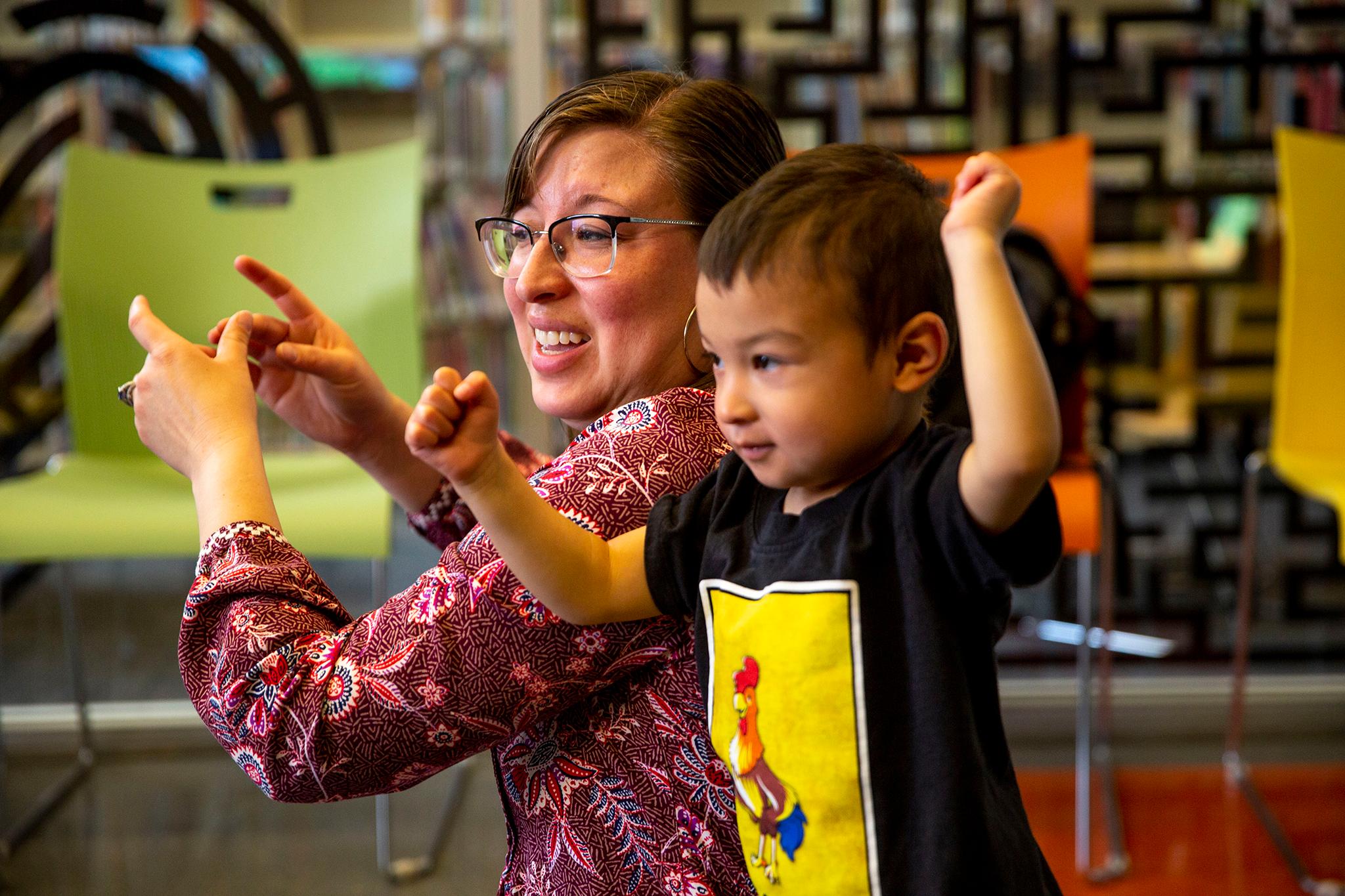Liliana Flores Amaro has what it takes to raise a child in Denver: a flexible employer, a steady income, a home with a reasonable mortgage, and deep neighborhood ties.
She and her husband Jose purchased their three-bedroom house in Swansea in 2009. Back then, doing so was still something a recent college grad working in nonprofits could imagine -- though it was a stretch.
More than a decade later, their mortgage is around $1,600, and their annual income is around $140,000, so they are not spending more than 30% of their income on housing -- keeping them from being cost-burdened like so many in Colorado.
"It's not like it's a luxurious house by any means, but it's a slightly larger house with three bedrooms, two baths," Flores Amaro said.
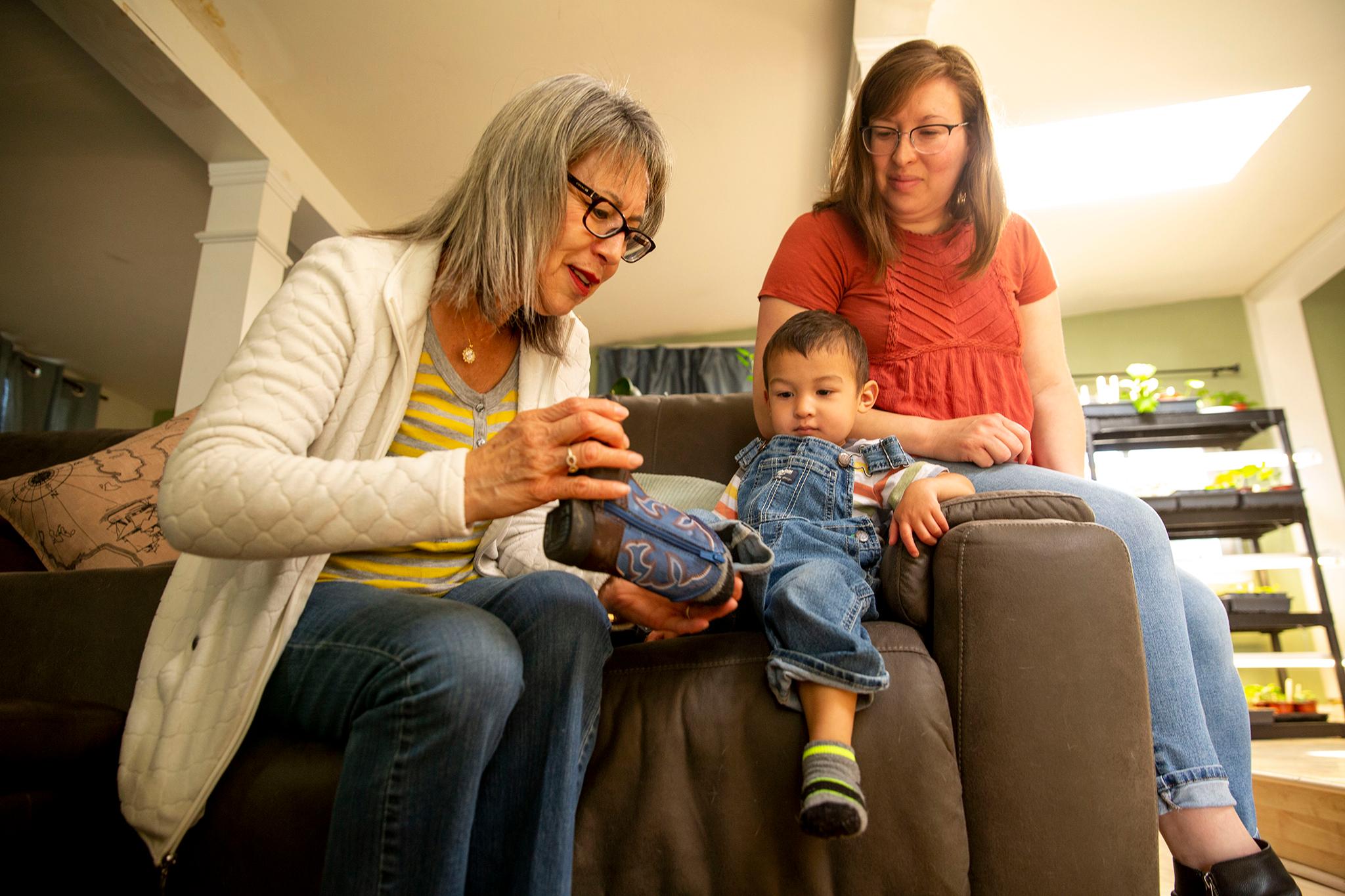
The couple grew up in Swansea, and they have family in the neighborhood who eagerly take care of their two-year-old, Valentin.
Jose works as a trucker and she teaches in the early childhood education program at the University of Colorado Denver School of Education and Human Development.
"We love being here. Our families are here. My mother-in-law's like eight blocks away. My mom and dad are 10 minutes away from here," she said. "My sister-in-law lives across from my mother-in-law, so there's a good network of support here."

Throughout much of her life, Flores Amaro has worked with children.
She first started caring for children in high school, spent the first years of her career in nonprofit policy and advocacy for Colorado's Latinx community, and then pivoted to early childhood education in 2010.
Over the years, she's worked in the classroom with infants and preschoolers. She evaluated childcare centers for Qualistar, the state's former childcare quality rating system that preceded the current one, Colorado Shines. She's coached and consulted with childcare centers, all before joining the University of Colorado Denver faculty.
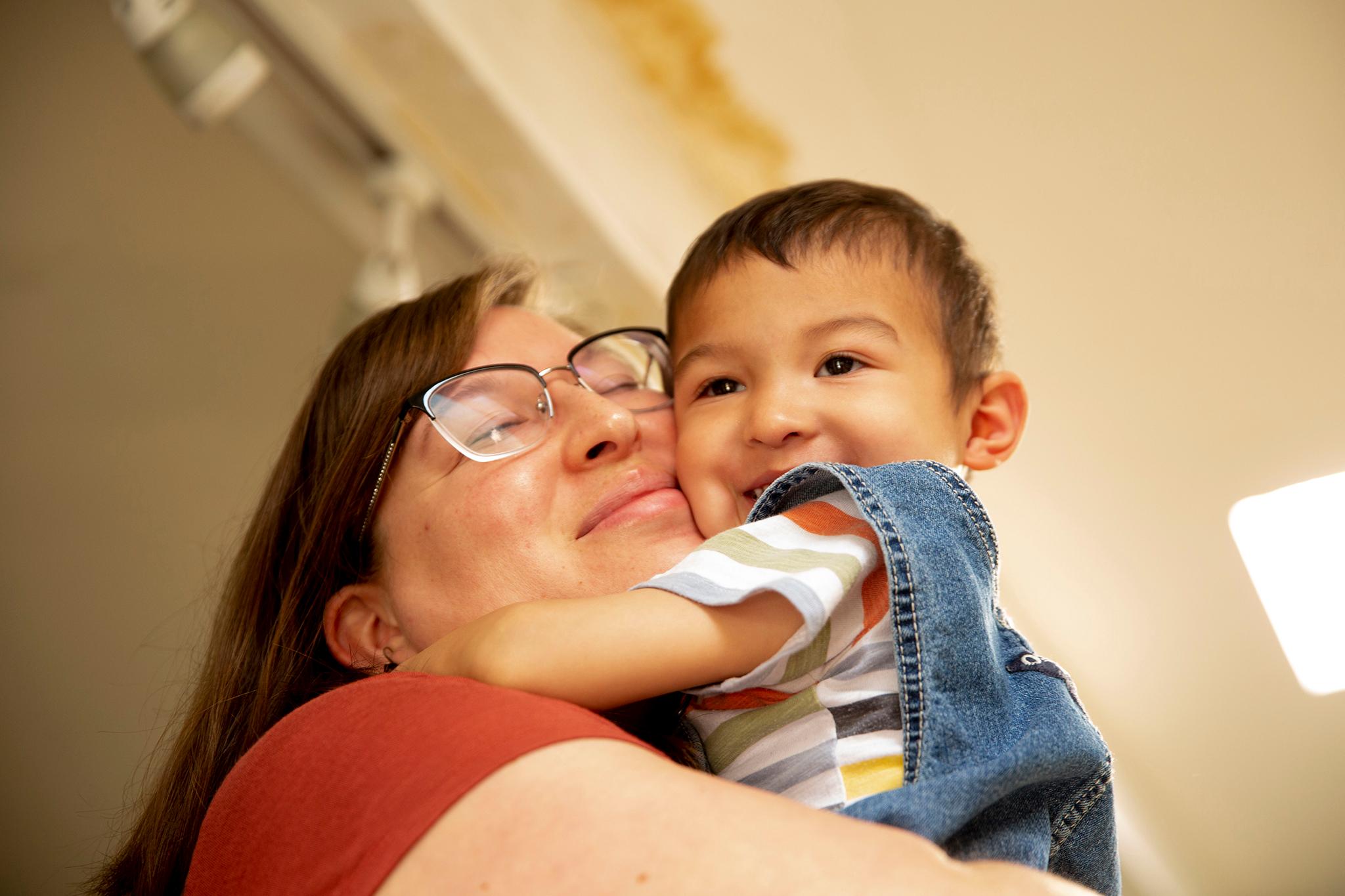
Despite her experience, some parts of having a child surprised Flores Amaro.
"We had him just right before the pandemic broke out, and so he's a fully pandemic baby," she said. "And so it's just been an interesting ride, to say the least, the last two years, just trying to navigate care. He's a preemie, so we really haven't been wanting to put him in group care quite yet. But hopefully soon."
She's been juggling that for two years -- but it's all worked out. There are still times she cannot find care for her child and works weekends, early mornings or nights. Her job allows her to do that.
"I have been super, super, super, super lucky," she said. "I cannot emphasize how lucky I am to have the flexible work schedule and structure to be able to work from home and that I have my parents helping me out on different days of the week to cover care for my son."
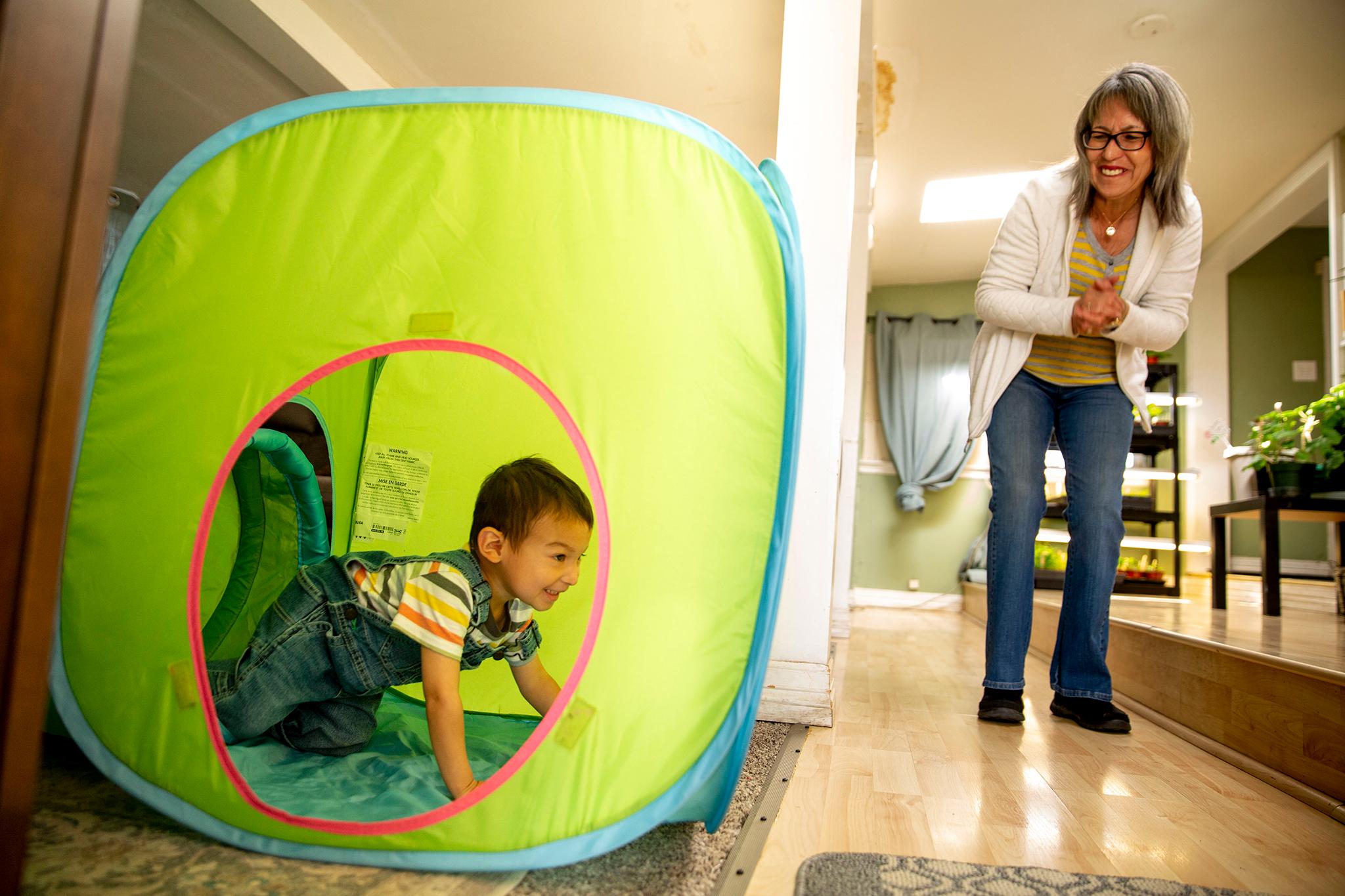
Since January, she has been going to virtual open houses at childcare centers, getting on waitlists, and paying application fees.
"It's been a little hectic navigating what kind of setting I want for my child," she said. "Again, that's another privilege of being able to think about those things: What kind of setting do I want? What kind of approach to early childhood education do I think my child would do well in, that I align with, both as an educator and as a parent?
"And I know a lot of people don't have that luxury," she said. "They need just a place that will take care of their child, that will keep them safe, that will feed them."
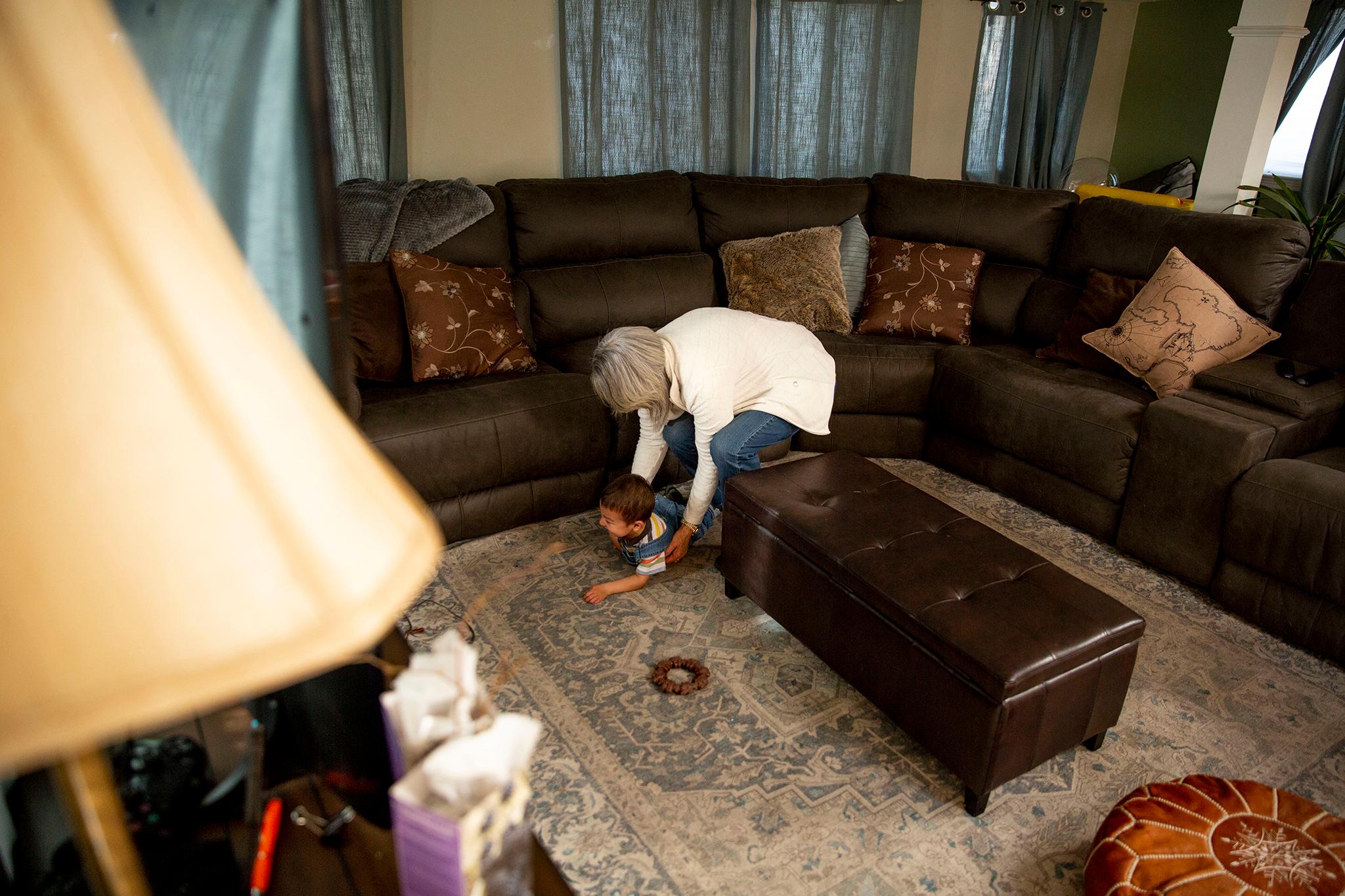
Finally, she found a spot she liked that had an opening in the fall. But it was pricey.
"It's like another mortgage payment for part-time toddler care," she said. "My husband and I are blessed to be able to try and imagine how to manage that extra payment. But I know it's gonna be a stretch, by any sense of the word, to have to stack another mortgage payment on top of our monthly bills."
This is a common complaint among families.
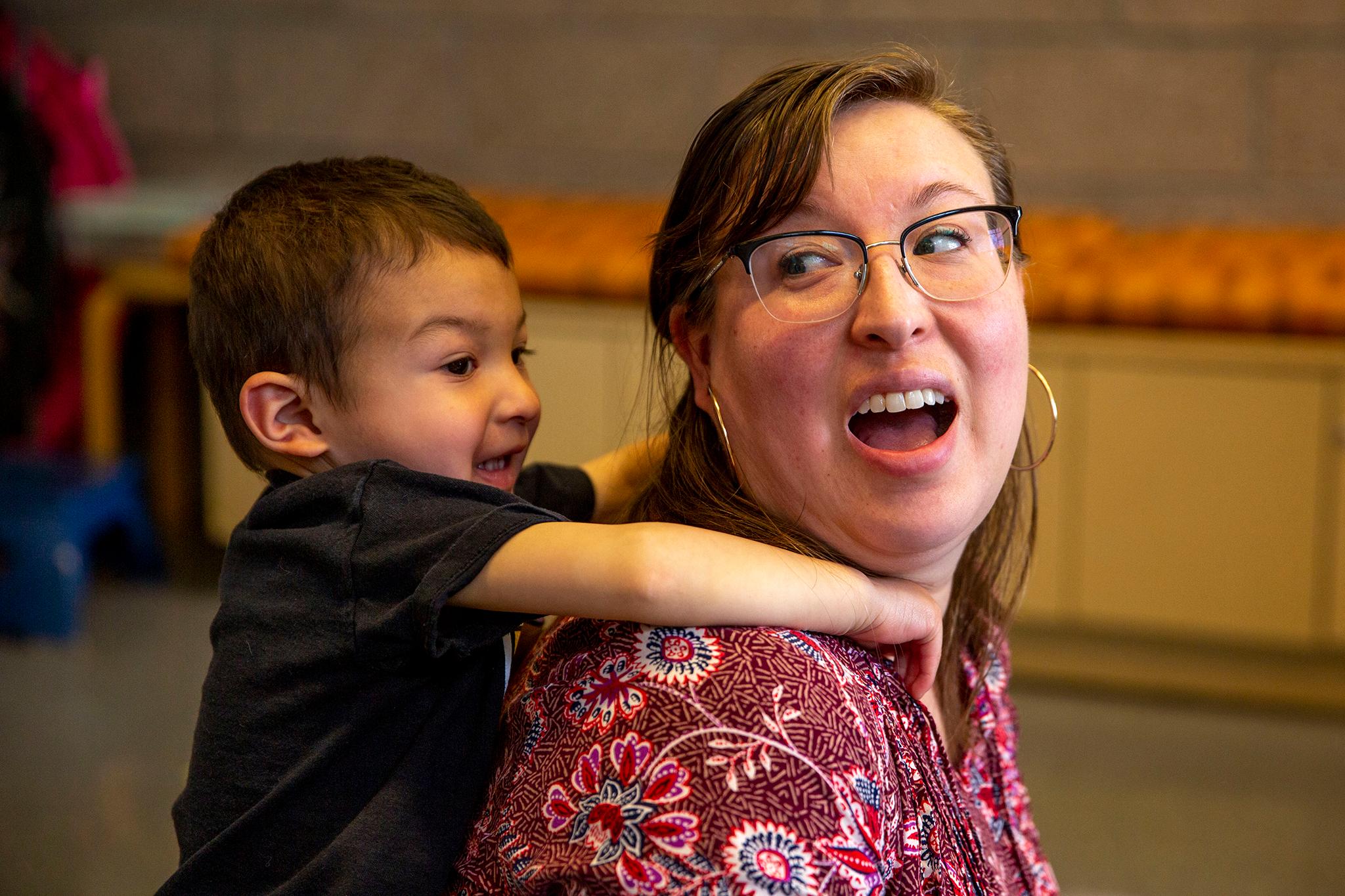
Happily, luck struck again more recently, and she has found another, more affordable arrangement with the childcare center that would start in August. But instead of year-round care, it would only run during the school year.
Others aren't so lucky, and she knows it.
After more than a decade in the field, she's seen the struggles parents face: long waitlists, sky-high tuition and underfunded childcare programs. Many young parents lack stable and affordable housing, and they have jobs that don't leave them with much time to spend with their children.
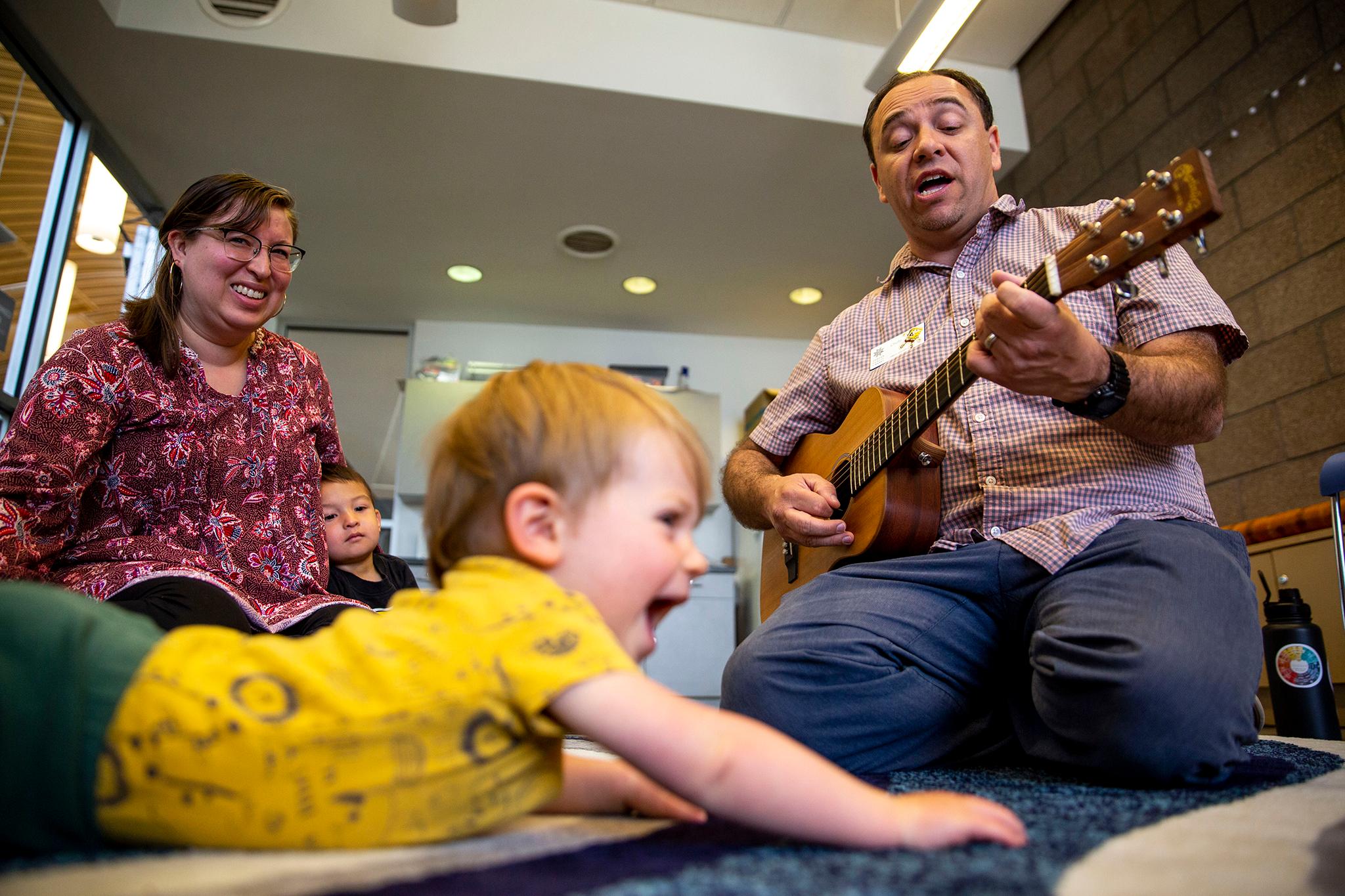
She's also witnessed the indignities early childhood educators deal with, from poor pay to a society that treats them as glorified babysitters rather than competent, skilled professionals worthy of livable -- make that excellent -- wages.
The childcare system needs an overhaul, she said.
For too long, parents and centers have been "passing the volleyball back and forth: Is it on the program to make things more affordable? How much more can parents pay to cover staff salaries and building rents and all of that stuff?"
In recent years, early childhood education has had more professional requirements, including continuing education classes and degrees.
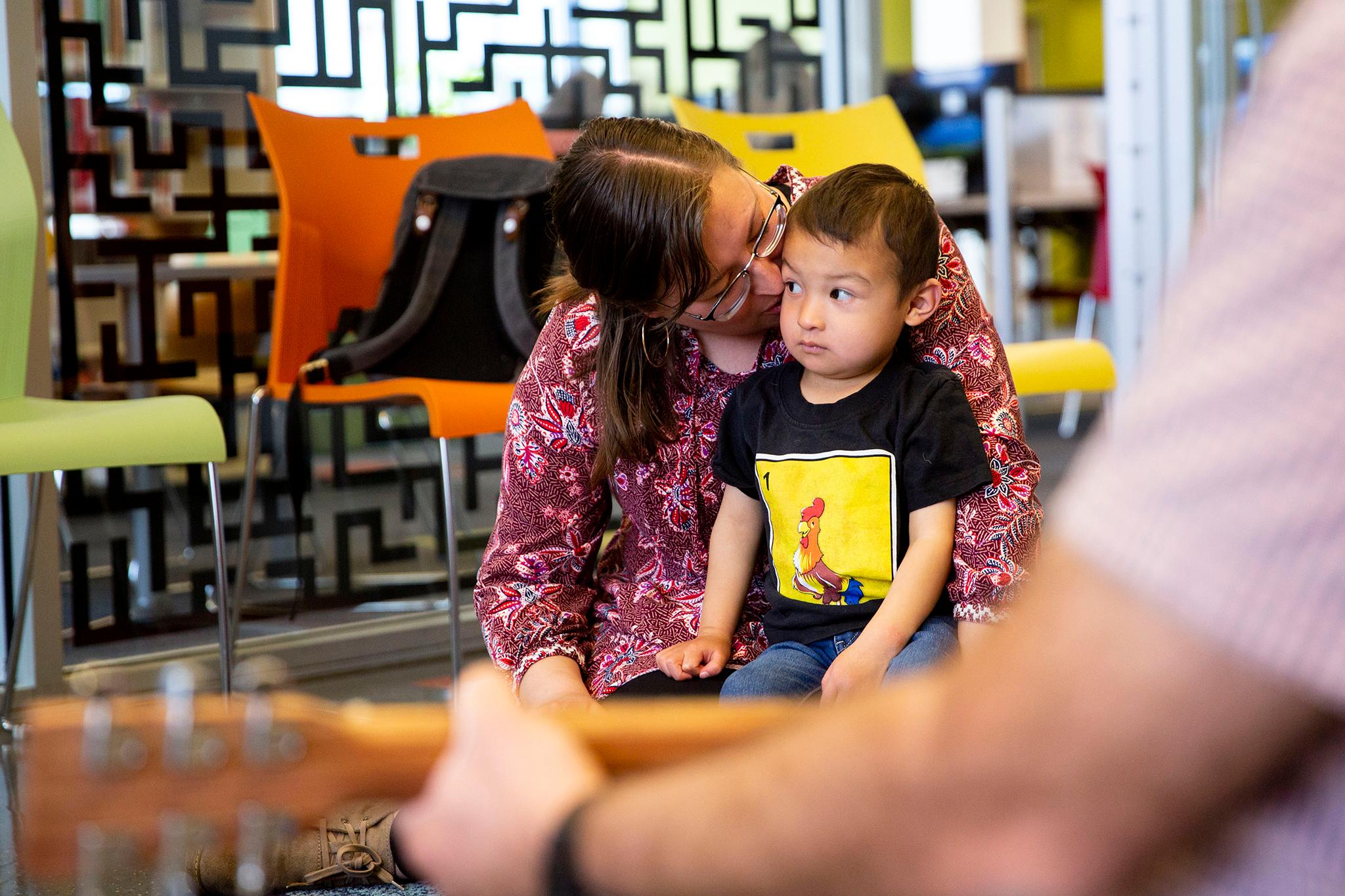
"That doesn't always equate to higher pay," she said. "I think, at the root of what's going on is how to address the lack of really well-paying and benefited work and careers."
Infant care, she noted, is more expensive than toddler care because of low teacher-to-child ratios. But often those infant teachers are making less than pre-K and kindergarten educators, so they are fleeing the field. Centers are struggling to retain staff, and parents are finding themselves frustrated with fewer options for care.
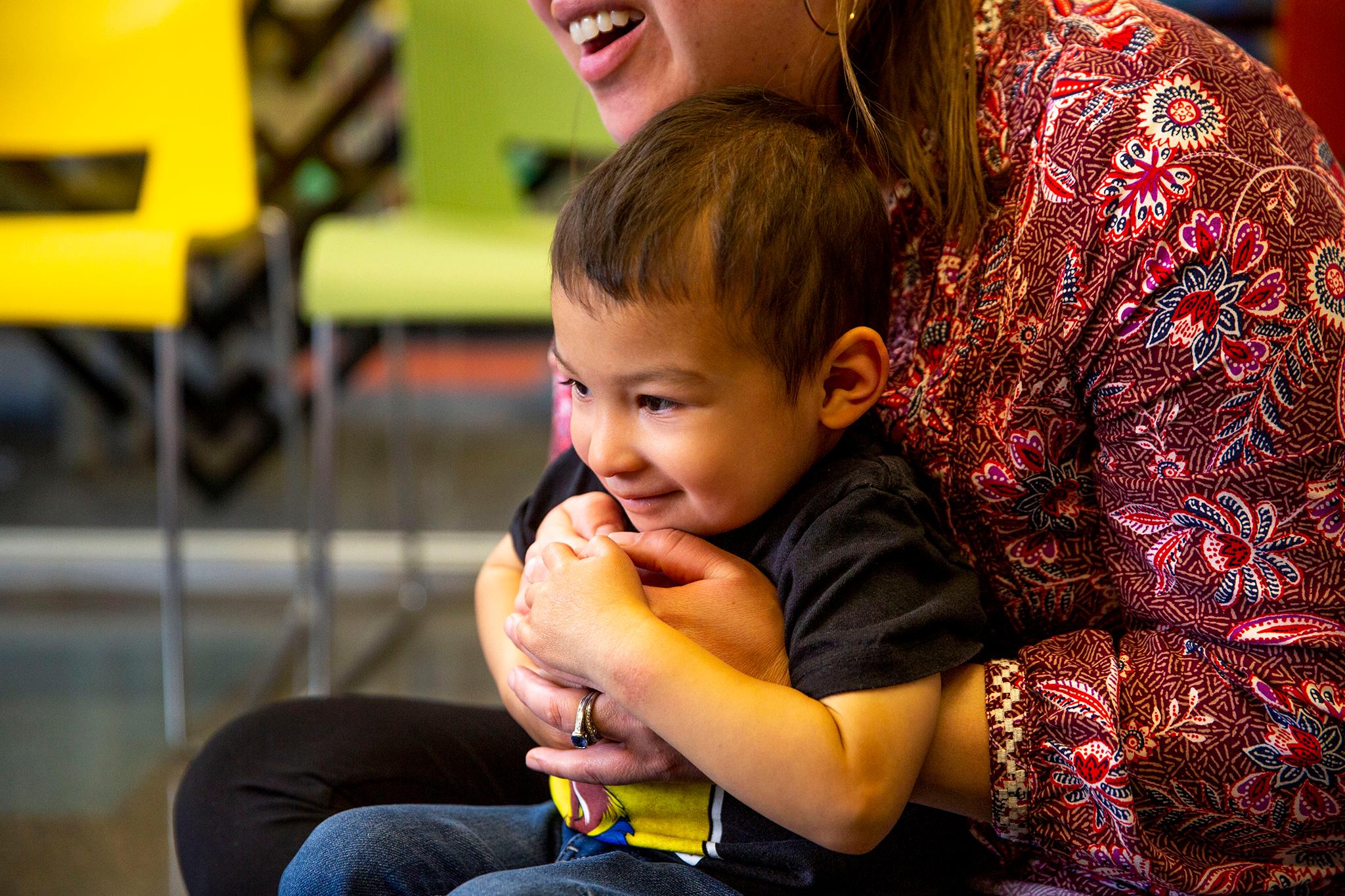
For the system to work, it needs more money, and the money has to come from somewhere.
She points to the Denver Preschool Program, which offers funding for preschool in the city for four-year-olds and is expanding its efforts toward the highest-need three-year-olds as a part of the solution -- though it does not address Denver's youngest residents.
She also looks at the state's new Office of Early Childhood Education and the free 10 hours of funded preschool per week every Colorado four-year-old will be eligible to receive and sees possibilities there.
But families need more.
Lawmakers at the Statehouse are weighing whether to pass some additional funding for early childhood education, and the Biden administration has talked about funding universal preschool, but Democrats have not made progress on that front.
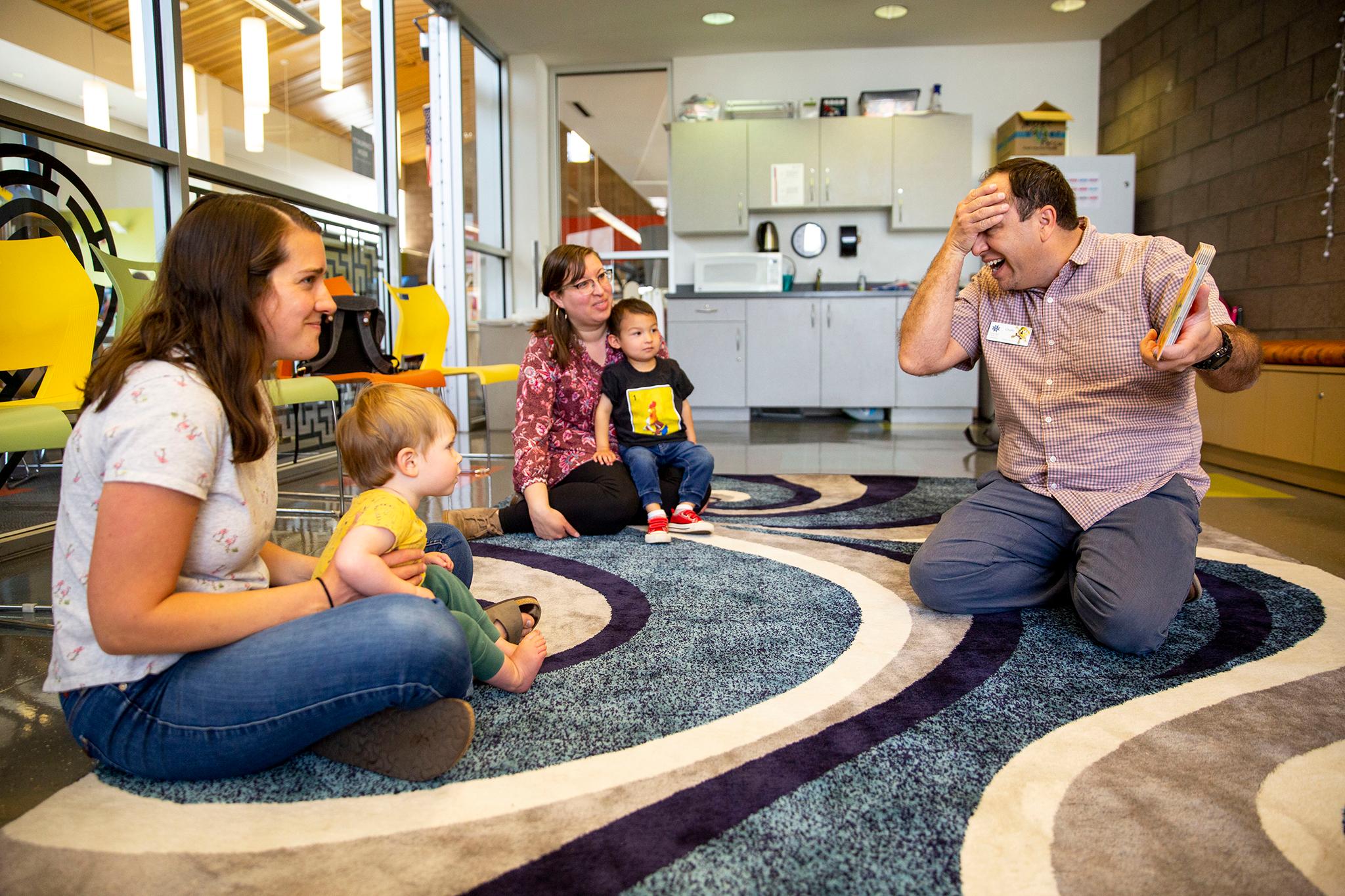
"I think we need more investment," Flores Amaro said. "That's really the bottom line. We need more state and federal investment. We need to be able to pay teachers what they're worth in this crucial time for children and for families."
The future, she said, depends on it.
"Ages zero to three and zero to five are the key part of a child's life and learning," she said. "This is where the most brain development happens. This is where they build those synapses in their brains, to help understand the world around them. This is where they build those social-emotional skills in order to connect with others and adapt and be resilient."
Explore the series
Denver's broken childcare system forced this single mom to declare bankruptcy
This early-childhood educator couldn't afford childcare for her six-year-old. Why keep teaching?
Multi-year waitlists, tuition as expensive as a second mortgage: Denver is in a childcare crisis

